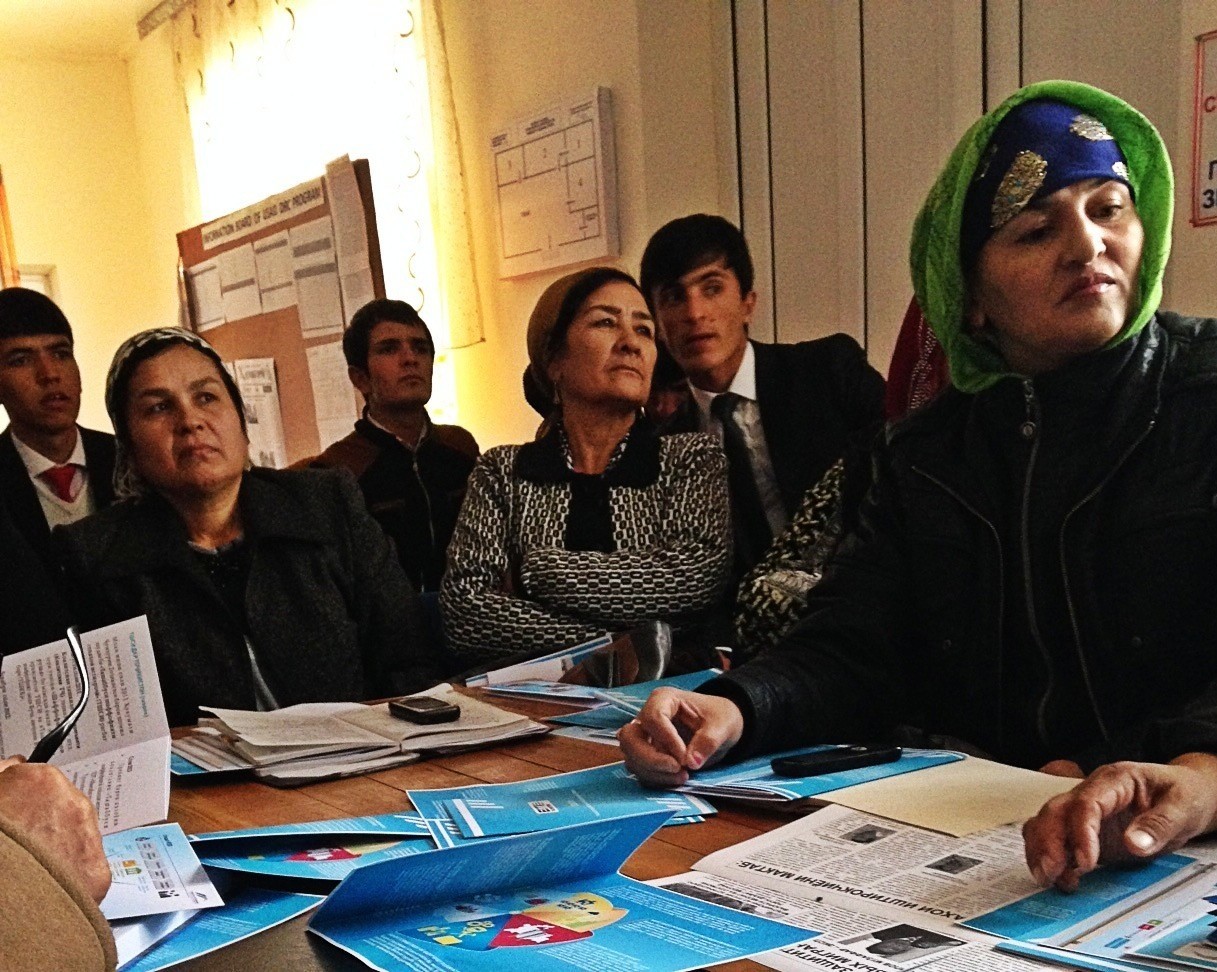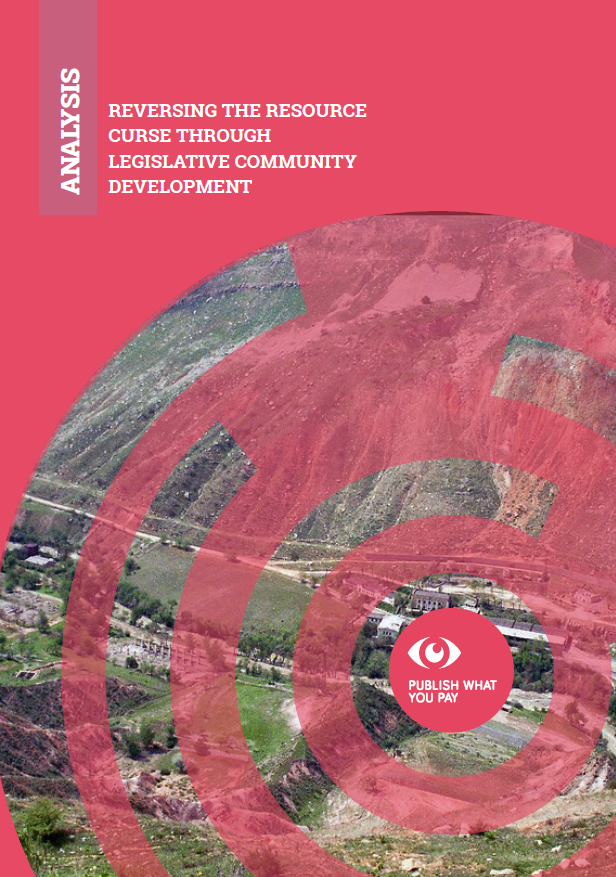The implementation of the Extractive Industries Transparency Initiative (EITI) could bring great benefit to Tajikistan. Yet, lack of government commitment and the restrictions imposed on civil society activities create the risk of undermining this much needed effort to introduce unprecedented transparency into the country’s extractive sector.
Nestled between Kyrgyzstan to the North, Afghanistan to the South, China to the East and Uzbekistan to the West, Tajikistan is a small mountainous country where the current President, Emomali Rahmon, just celebrated 20 years in power. Regularly ranking in the bottom of the corruption perception index produced by Transparency International, Tajikistan is also the poorest of all Central Asian countries. Still suffering from the aftermath of the civil war that lasted between 1992 and 1997, wrecking the country’s economy, Tajikistan is also plagued by a lack of good governance, in particular with regards to the management of its natural resources, of which there are plenty. Indeed, gold, silver, coal, uranium, antinomy and tungsten can be found in different parts of the country. TOTAL, the Chinese CNPC and Tethys are also exploring for oil and gas deposits in Bokhtar district, while Gazprom made investments for potential fields located in the West of the country, in Sarikamysh and Shokhambary. Yet, despite promising prospects, the government is experiencing difficulties in attracting foreign investors to transform these riches in the ground into substantial revenues and, eventually, into development benefits for Tajik citizens. Different reasons can explain investors’ reluctance. Since the collapse of the Soviet Union, authorities have not invested in geological surveys, meaning that the only information available dates back to Soviet times and is stored in archives situated in Moscow. Besides constantly changing tax regulations and the absence of rule of law, corruption is endemic with the President’s family ruling the economy.
In this context, it seemed like a good idea to apply for the Extractive Industries Transparency Initiative (EITI) to show commitment to good governance principles such as transparency in order to improve the general investment climate. Yet, since having been accepted as a candidate country in May last year, little has happened in Tajikistan. The multi-stakeholder group (MSG), where representatives from extractive companies, civil society and relevant government agencies sit, has been formed and meets regularly to discuss the first reconciliation report, which Tajikistan has to publish before February 2015, following the requirements of the new Standard. However without administrative support in the form of a nationally established EITI Secretariat, the decisions taken by the MSG have remained unheeded. With the recent agreement signed with the World Bank for financial support, this will hopefully change since effective implementation of the EITI could shed unprecedented light on the income currently generated by the extraction of natural resources for the state. Anna Shukurowa, a member of the council that leads the PWYP coalition in Tajikistan, explains that 12 different taxes are being collected from extractive companies, but the lack of coordination among tax collecting entities leads to great opacity on how much the sector effectively contributes to the economy. This is why the sector currently only makes up 3% of GDP, where estimates show that it should be closer to 30%. As a result of poor accounting of extractive revenues the taxes paid by Gazprom, for instance some USD 250 million invested over a period of six years, do not show up in the national budget. The EITI, through the disclosure of information linked to the wealth produced by oil, gas and mining activities could help identify these kinds of discrepancies and omissions. Most importantly, it would allow the general population to gain insight into extractive activities that are taking place in their country or even in their region given that, as of today, very little is known about the sector in Tajikistan.
In 2011, a PWYP coalition was established in Tajikistan in response to the need to raise awareness among Tajik citizens about their natural resources and the sound management of these. Thanks to the publication of EITI reports, civil society organisations would be able to work with concrete figures, ask the right questions and, hopefully, trigger public debate about necessary policy reforms in the sector. The latter might prove challenging though in an authoritarian country where civil society is denied the right to lobby and the freedom of assembly, where speaking one’s critical mind is not always safe and where a proposal about restricting funding to non-profit organisations is soon to be adopted. PWYP members, however, remain undaunted in the face of such a challenge.











